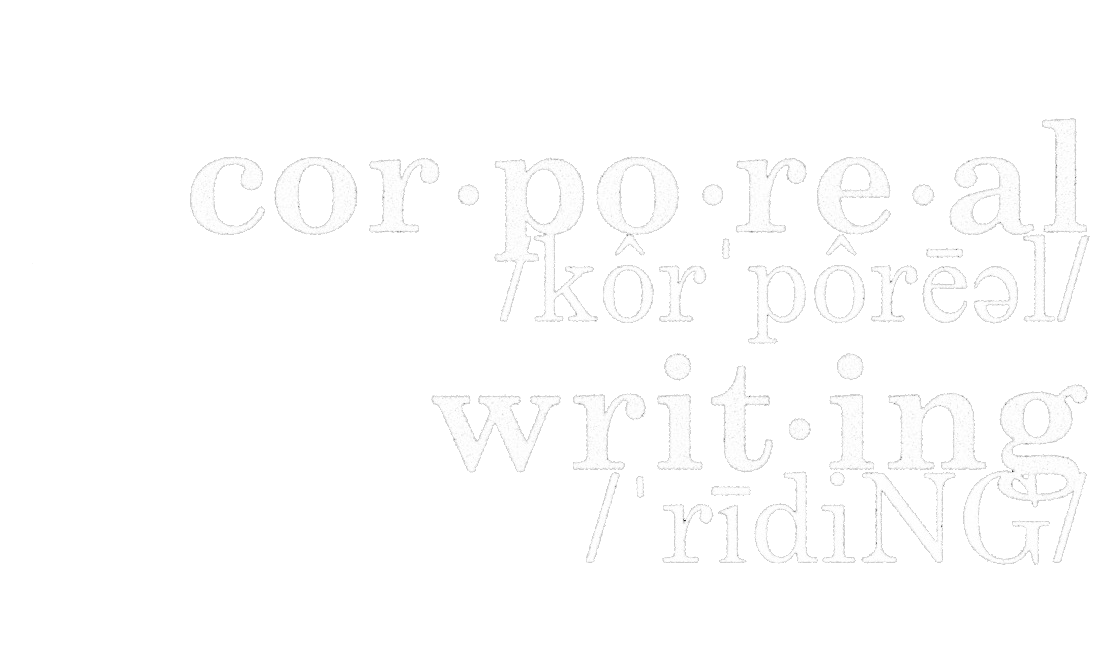These Days
These days, no one wants to talk about it. The answer is “I can’t talk about it.” The same five words released in a warm, slow leak, uttered in the same, tired inflection.
November 9 picks up Twitter and scotch. It learns boardroom and braggadocio out of a need to understand. It wears the same shirt until the words wear off. On the eighth day, it puts away the pins and the shirts and the stickers and the signs. It wears mourning whites and throws on shovels of dirt.
December waits for the truth.
January and February march. They vow Next Time. They swear Never Again.
When April, May, and June ask “how are you,” no one is ever OK. They find new ways of talking. They ask questions like “when was the last time you held a blade of grass between your teeth?” or “who was the last person to show you kindness?” They look to each other to remember softness.
July doesn’t talk about much of anything until after the second drink. It lays down tweets and bans and bombs and talks about the kids, the dog, the mosquitos. July sits up when someone passes around a bottle of Mezcal, a golden gift from beyond the wall. There comes the quiet click of a vape, and against the cricket-cricket-cricket is the soft inhale of something blue-green and Colorado. The click says we are hiding, we are hiding behind our hands, and July still wants flames. The exhale is the silent sound that says we are putting up. We are putting up with this the best we can.
Abbey Ryan, Untitled, ink and gouache on paper, 2007.
August jitters from beneath, churning at some unnamed thing. It ratchets itself up and claws through the topsoil from way-deep-down, smelling of the grave. It spills oily-mouthed across the surface and lights a thousand torches.
August says don’t touch the floodwater in Houston – if you do, wash your hands.
September stands in a windbreaker and watches the wind whip across Florida. It asks the mayor, “Why don’t people just leave?” It points at the teleprompter. The Comforter-in-Chief tells a water-hungry crowd in North Dakota, “I know you have a little bit of a drought. (The people in Houston) had the opposite, believe me. You’re better off. You are better off.”
Meanwhile, in Flint.
September asks, “are you ladies married?” and when the ladies say yes, the mortgage lender replies “Legally?” and the ladies repeat yes, we are legally married. September says, “Good. These days, you can never be too careful.”
September clouds over Washington and Oregon, glowing apricot and soot. The animals stand in the shining gorge and stare at the razor-flamed skies. They can no more afford to leave their homes than we can afford to leave ours, so we stand together and watch it burn.
When mid-September finally says I can’t stand it, I can’t fucking stand this anymore, October laughs and says, “please – we’ve been through worse,” and September shuts its mouth.
October’s face shifts, and September wonders what visions she’s had, what strange fruit she has seen turning on the vine. October mother of a sweet, studious boy whose broad-toothed teacher calls his brown-skinned parents again and again to say, “I’m sorry, but do you have a few minutes to talk about your son’s behavior?” October sits across from September sipping the last of the sangria, and it’s clear from the way she holds her glass that she is a woman who wakes up every morning and remakes the world for her son, but tonight, her open-mouthed laughter says: “Stand the fuck up.”
Leigh Hopkins' featured column Secret Circus is a 6-month series on Corporeal Clamor. In 2010, Leigh left a 20-year career in public education reform to move to Brazil, where she founded Viva Institute by rigging a satellite dish to a boulder in a banana field. Her writing can be found in Elephant Journal, ENTROPY Magazine, The Manifest-Station, The Philadelphia Inquirer, Viva Institute, and on her website. Today, Leigh lives in Philadelphia with her wife, a painter, and their jittery Jack Russell Terrier. She is completing a novel.


